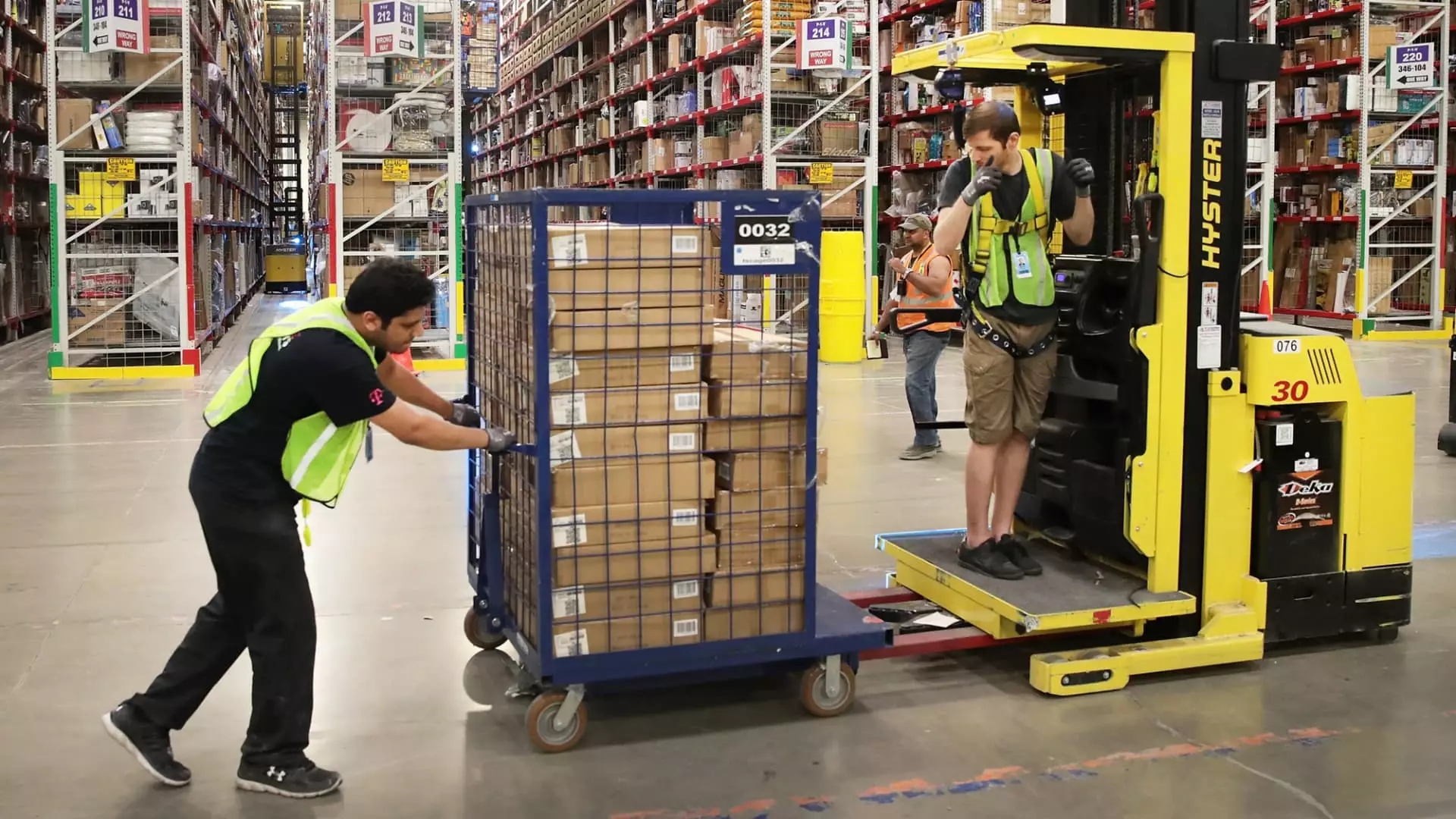Democratic Sen. Ed Markey, D-Mass., recently introduced new legislation called the Warehouse Worker Protection Act to regulate the use of productivity quotas in warehouses. This bill aims to address the concerns raised by critics who argue that such quotas push employees to work faster without adequate breaks, leading to a higher risk of injuries. The proposed legislation is the first federal attempt to oversee warehouse quotas and comes after several states have already passed similar laws, including California, New York, Washington, and Minnesota.
The Warehouse Worker Protection Act would require employers to be more transparent about workplace quotas and the potential consequences of not meeting them. Additionally, employers would need to give workers at least two business days’ notice before implementing any changes to quotas or workplace surveillance. The legislation also seeks to ban the use of “harmful quotas,” such as “time off task,” which has been criticized for making working conditions more strenuous and surveillance-oriented.
Amazon, one of the largest employers in the U.S., has faced scrutiny over its use of productivity quotas in warehouses and delivery operations. Critics argue that the company’s quotas are opaque, often determined by algorithms, and that employees risk disciplinary action or termination for not meeting them. The company, however, has maintained that it relies on “performance expectations” rather than fixed quotas and denies allegations of inadequate breaks for employees.
Despite Amazon’s claims, some warehouse workers have spoken out about the challenges they face due to productivity quotas. The Occupational Safety and Health Administration (OSHA) has issued citations against Amazon for safety hazards related to the pace of work in warehouses. Moreover, OSHA, the U.S. Attorney’s Office, and the Department of Justice are investigating conditions at Amazon warehouses to determine if injuries are being underreported. This ongoing scrutiny highlights the need for greater transparency and accountability in the management of warehouse quotas.
During Sen. Markey’s press conference, Amazon worker Wendy Taylor shared her experience of being pressured to meet quotas despite suffering from a workplace injury. Taylor’s story underscores the urgent need for transparency and protection for workers who are subjected to demanding quotas that put their health and safety at risk. The Warehouse Worker Protection Act represents a significant step towards addressing these concerns and ensuring that employees are treated fairly and respectfully in the workplace.
The regulation of warehouse productivity quotas is a critical issue that requires immediate attention and action. The proposed Warehouse Worker Protection Act offers a promising framework for safeguarding workers’ rights and well-being in an environment where productivity pressures can have serious consequences. By advocating for transparency, accountability, and worker protection, lawmakers and advocates are working towards a more just and equitable system for all employees in the warehouse industry. It is essential to prioritize the health and safety of workers and to create a culture of respect and dignity in the workplace.

Leave a Reply